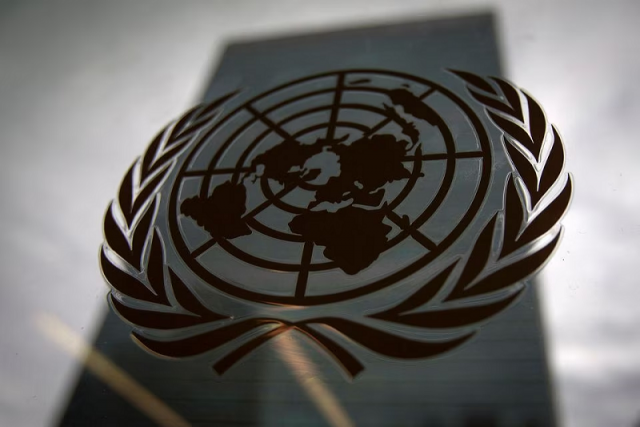Pakistan calls for UN cyber governance
Senior Pakistani diplomat called for a UN-backed legally-binding comprehensive framework to govern global cyberspace

A senior Pakistani diplomat has called for a UN-backed legally-binding comprehensive framework to govern global cyberspace that he said was the common heritage of mankind.
“Threats from ungoverned global cyberspace prompted Pakistan to establish a national position on this critical issue,” Ambassador Usman Jadoon, deputy permanent representative of Pakistan to the UN, said at an event sponsored by the United Nations Institute for Disarmament Research (UNIDIR) at UN Headquarters on Thursday
“Like many countries,” he said, “we face significant challenges from the misuse of Information and Communication Technologies (ICTs).” Cyber-attacks, cyber-terrorism, disinformation campaigns, and attacks on critical infrastructure directly impact regional and global security, the Pakistani envoy said.
Offensive cyber capabilities possessed by certain states and sophisticated hacking tools available to non-state actors have turned cyberspace into an arena of conflict, he pointed out.
“In given circumstances, Pakistan believes that it’s time to create a legally-binding comprehensive framework, under the UN’s auspices, to govern global cyberspace,” Ambassador Jadoon added.
The unique nature of ICTs, he said complicates the application of international law in cyberspace as the borderless nature of the internet leads to a fragmented legal landscape, hindering cohesive international cooperation.
Pakistan advocates the application of UN Charter principles in cyberspace, including non-use of force, sovereign equality, non-intervention, and peaceful dispute resolution, he said. At the same time, he said, the transnational nature of cyber technologies reveals gaps in the existing international law framework, making the application of these principles challenging.
Acknowledging the difficulties in applying International Humanitarian Law (IHL) in cyberspace, Ambassador Jadoon emphasized that the interconnected nature of the internet necessitates transformations in the existing IHL framework to uphold cardinal principles such as distinction, proportionality, and precaution. APP


















COMMENTS
Comments are moderated and generally will be posted if they are on-topic and not abusive.
For more information, please see our Comments FAQ